| SIS Research Area - Information Systems & Management (IS&M)
Overview
We work at the intersections of Information Systems and Management, and the business school disciplines of Marketing, Finance, Strategy and Operations, as well as Computer Science. We also draw the impetus for our work from a number of allied disciplines in Social Science, including Sociology, Psychology, Economics, Design, Regional Science and Statistics. These disciplines permit us to explore relationships involving: information technology (IT) and information; systems, processes, mechanism and organizational design; markets and intermediation; information strategy and IT value; economic and behavioural incentives; and the managerial and organisational challenges associated with technological change.
Our research advances theory and informs practice on the design, development, deployment and impact of systems that support today's complex, information-intensive business processes. Our theoretical perspectives span the economic, behavioural, and design sciences. We investigate how individuals, teams, firms, industries, human networks and economies create and harness value from IT innovations. Such innovations take the form of tools that improve productivity and quality, create the basis for high-tech products and high-touch services, and transform the nature of human interactions.
We conduct field studies and engage in organizational research; investigate how IT changes individual decision-making and consumer behaviour; apply analytical models, econometric methods and data mining in market and network settings; and leverage computational simulation and other quantitative methods to study phenomena that span the traditional boundaries of management and technology scholarship.
1.2. Current Research Themes – The Key Bubbles
A sketch of our coverage in research is shown in the bubble diagram. It covers two key high-level themes: Design of Information Systems, Processes and Services, and IS Economics, Strategy and Innovation.
We also are connected to the other key research competency areas of the school, especially: Information Security and Data Privacy; Data and Decision Analytics; Software Systems and Prototypes; and Living Analytics. These are the bubbles that surround our two key high-level themes.
|
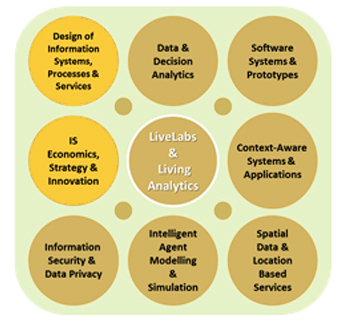 |
Each of these areas is represented by two additional streams, which are discussed in greater detail below. |
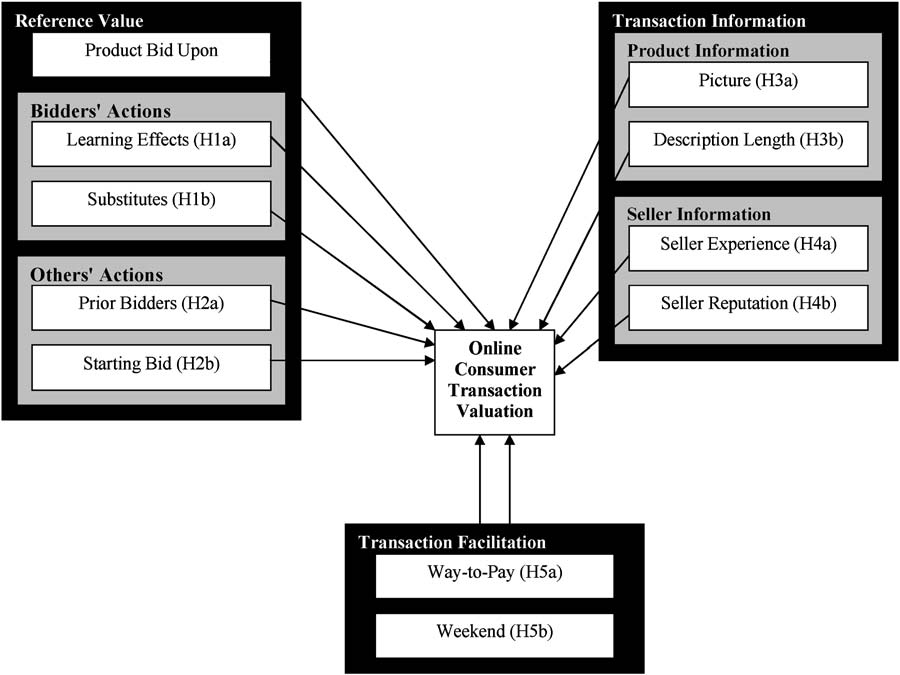 |
|
|
|
Information is a critical commodity in many market, organizational, and process contexts. We study the effects and value of information, the role of information intensity, and manner in which the relative availability of information influences human choices and business outcomes and performance.
We also study mechanism design, the process by which consideration is given to information and exchange in market settings that are mediated by IT. The research in this area takes advantage of interdisciplinary knowledge from Psychology, Marketing, Operations and Economics, which offer a variety of perspectives on the application and use of information, and its behavioural effects and impacts. Information-intensive business and organizational processes are of special interest to us, since they exhibit complexities and give rise to managerial issues that are new. Click here for more >
|
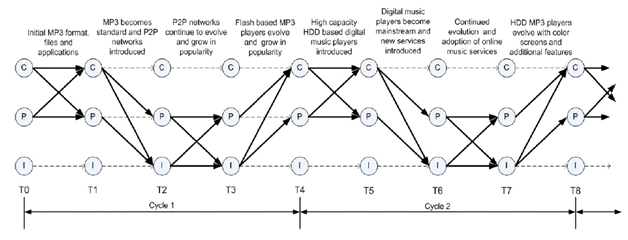 |
|
|
Design science is about the creation of new technology-based artifacts that have some potential to transform the ways that people work, processes are architected, organizations operate and markets function.
They have the capacity to change the nature of the human experience, as has occurred with social networks and mobile telecommunication, in many different ways. It is also about decision support, which involves the use of information in human decision-making, and the systems that deliver it to different settings where the decision-making process is challenging to get right. Decision support spans our current interest areas in data analytics, business intelligence, quantitative and qualitative decision-making, and systems design. We are especially interested in human, business, and societal problems that call for new unique and approaches, and innovative solutions that produce high value for users and the organizations in which they work. Click here for more > |
This area of our competency consists of two streams of research, reflecting past and current works of our faculty and our students.
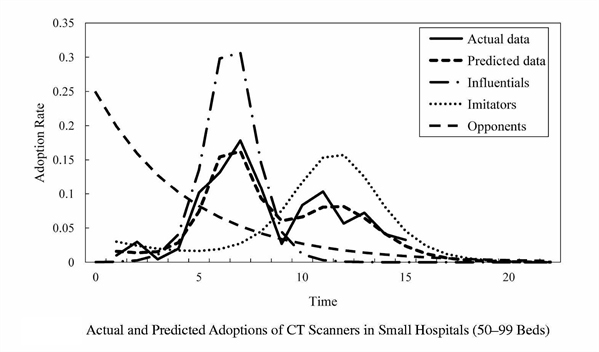 |
|
|
This stream of research connects with the mainstream of organizational thinking in the IS discipline, as well to Strategy, Organizations and Management. It emphasizes issues that span the investment in and use of IT in the pursuit of an organization’s strategic goals and business activities.
Systems, projects and organizations are the primary units of analysis in the research that characterizes this theme. It also includes IS as a functional area of business within the organization, and the use of IT in other functions such as Marketing, Supply Chain Management, Finance and Accounting. It also spans to include public and government organizations and urban environments, and other areas where technological innovations occur.Click here for more >
|
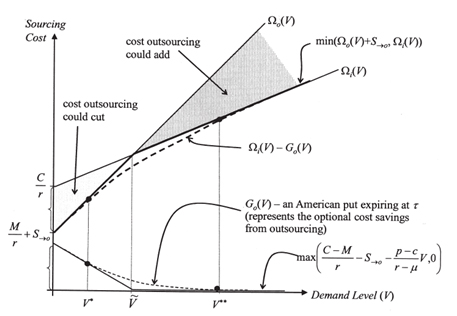 |
|
|
Economic theory and its related research methods offer strong tools to study a range of IT, business technology and societal problems. We focus on the economic analysis of technology-influenced consumer behaviour, the economics of IT services and cloud computing, technology and social network economics, inter-firm competitive dynamics with technology, electronic markets, and market mechanism design, among other issues.
We use analytical models, economic simulations and numerical analysis, empirical methods, and management science techniques in our work in this area. The results we produce yield normative findings, in depth quantitative insights on real-world data, and opportunities to understand economic behaviour through experimental means. Click here for more > |
SIS Faculty
Collaborating Carnegie Mellon Faculty
Ramayya KRISHNAN, Collaborating Carnegie Mellon Professor
Tridas MUKHOPADHYAY, Collaborating Carnegie Mellon Professor
Affiliated External Research Collaborating Faculty
Vijay MOOKERJEE, Charles & Nancy Davidson Professor, The University of Texas at Dallas and
Distinguished Visiting Research Fellow, SMU SIS
Research Staffs and Students
Jeyaraj CHANDRALEKHA, Research Engineer
HONG Min Teck Jeff, PhD Student
HUANG Jianhui, PhD Student
LIU Jun, PhD Student
Sample of Visitors
- Vijay S. MOOKERJEE, University of Texas at Dallas (June 2008)
- Amit MEHRA, Indian School of Business (June 2008)
- Vallabh SAMBAMURTHY, Michigan State University (April 2008)
- Pankaj JALOTE, Indian Institute of Technology Delhi (April 2008)
- Giri Kumar TAYI, School of Business, University at Albany (January 2008)
- Tridas MUKHOPADHYAY, Carnegie Mellon University (August 2007)
- Anindya GHOSE, New York University (June 2007)
- Anandhi BHARADWAJ, Goizueta Business School, Emory University (June 2007)
- Ramayya KRISHNAN, Carnegie Mellon University (May 2007)
- Ravi BAPNA, Indian School of Business (April 2007)
- Hemant K. BHARGAVA, University of California at Davis (December 2006)
- J. Christopher WESTLAND, Hong Kong University of Science & Technology (July 2006)
- J. Leon ZHAO, University of Arizona (March 2006)
- Robert J. KAUFFMAN, University of Minnesota (January 2006)
Significant Partnerships
Centre for IT and the Networked Economy, Indian School of Business
-
ISB faculty members are collaborating with SMU SIS faculty under a joint agreement to conduct research on issues of importance to the South Asian IT and IT-enabled services industries, including software development performance, platform migration, and shared-service computing.
|
 |
|



